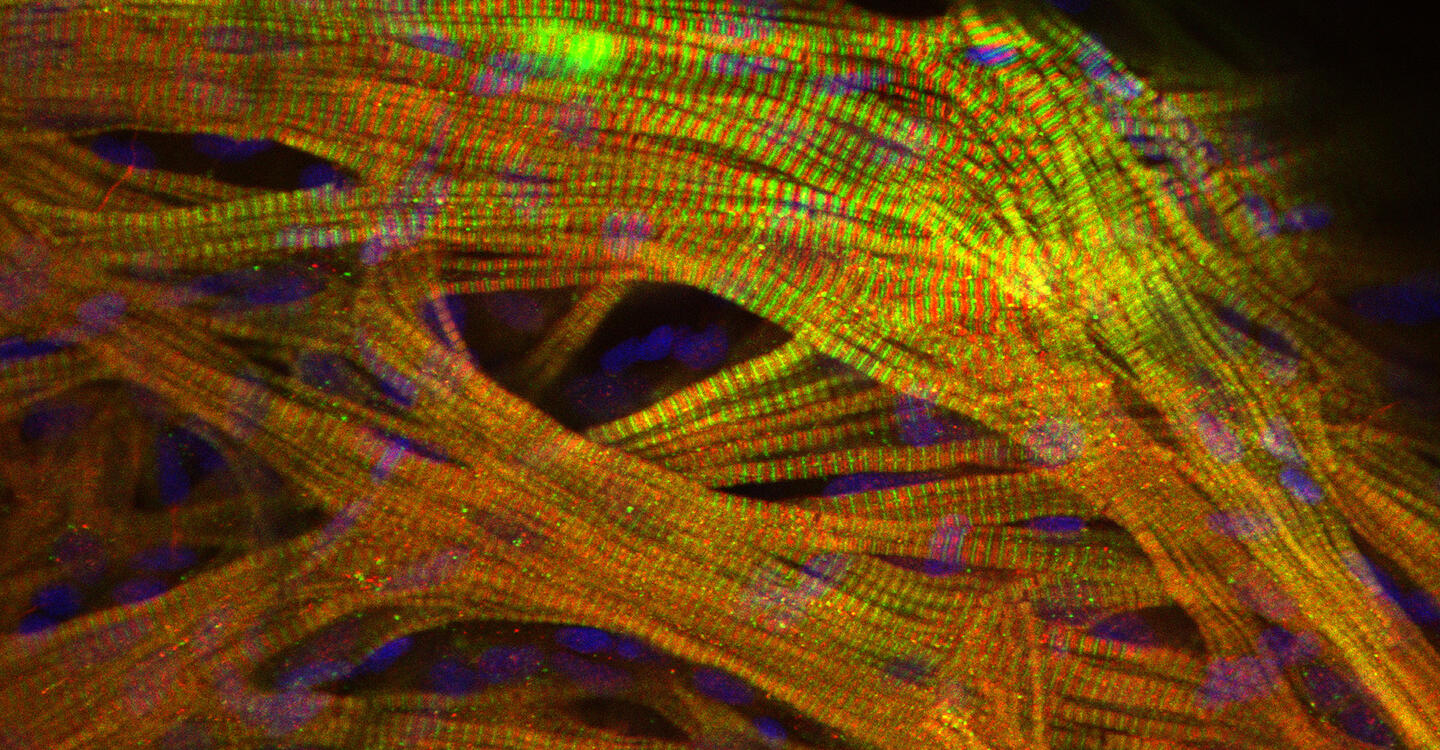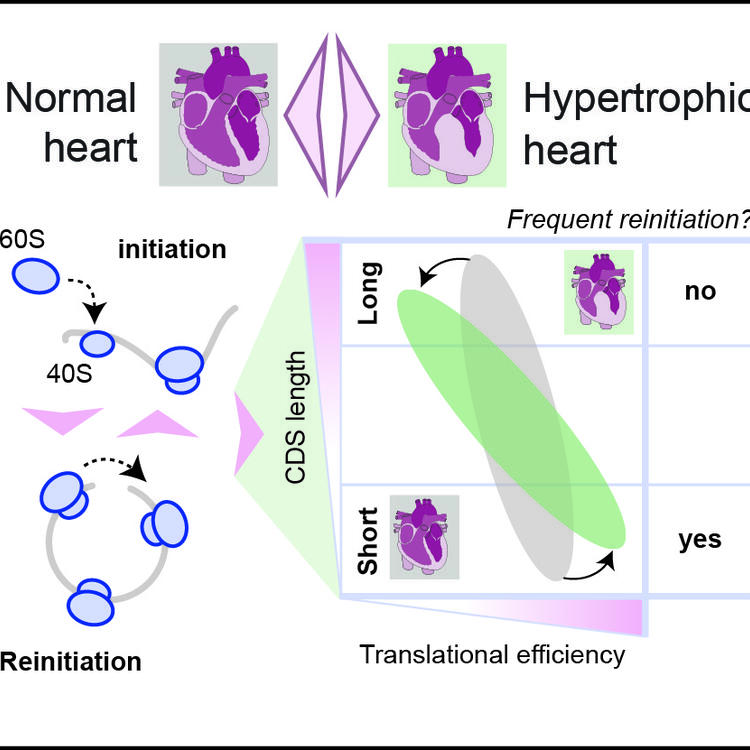An abnormal increase in heart muscle mass is considered the most common cause of sudden cardiac death. But how does cardiac hypertrophy occur? Scientists have deciphered a complex molecular mechanism that disrupts overall protein production in the ribosomes of heart cells. The heart does not get the proteins it needs, which leads to abnormal heart muscle cells' abnormal growth.
Natural genetic abnormalities affect entire protein production
What was surprising to the 19 researchers from six countries was that genetic variations affect complete protein production in the ribosomes of heart tissue. Ribosomes are the cellular protein factories of the body. A team led by Professor Norbert Hübner of the Berlin-based Max Delbrück Center for Molecular Medicine in the Helmholtz Association (MDC) collaborated on the study. Hübner is Principal Investigator at the DZHK.
It is already known that variations in the genome can influence whether and how genes are read in the cell nucleus. This process, called transcription, is the first step on the way to protein production. Equally well known are changes in the DNA that cause individual proteins of the heart to be produced incorrectly. However, what is new is that variations in the genetic material can damage the entire protein synthesis, i.e., the production of the proteins.
In rats with cardiac hypertrophy, the team encountered an altered region in the genome. The genetic variation affects long and short proteins differently. For example, the production of the important muscle protein Titin, a long protein, suffers. It adversely affects the structure of sarcomeres, the smallest functional unit of muscle fiber, and leads to thickening of the heart chambers and heart failure.
Discovery provides the clue to how complex diseases can arise
"What is particularly remarkable is that similar genetic variations also have the same effects on protein synthesis in other species - for example, in mice, humans, and even unicellular organisms such as yeast," Hübner reports. It shows how widespread the genetically determined defect is in the protein factories of cells, how little it has changed throughout evolution, and how important it is for the development of complex diseases that also affect humans, he said.
"The mechanism we deciphered could explain why some people are genetically predisposed to develop cardiac hypertrophy," Huebner says. "In addition, our work lays the groundwork for future studies of genetic predisposition to complex diseases that can affect organs other than the heart."
Original publication: Franziska Witte, Jorge Ruiz-Orera et al. (2021): " A trans locus causes a ribosomopathy in hypertrophic hearts that affects mRNA translation in a protein length-dependent fashion." Genome Biology, DOI: 10.1186/s13059-021-02397-w
Source: Press release of the Max Delbrück Center for Molecular Medicine



